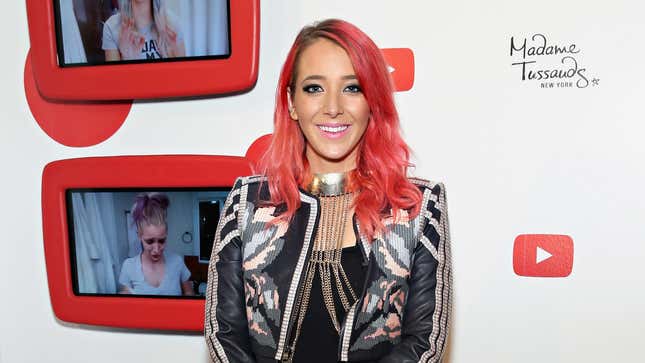It's Time for a YouTube Regime Change
Latest

On Thursday, YouTuber Jenna Marbles (real name Jenna Mourey) posted an 11-minute vlog titled, “A Message,” in which she apologized for past sexist and racist content—including performing in blackface to impersonate Nicki Minaj in a 2011 video—and announced she was “moving on from this channel.”
“I feel like we’re at a time where we are purging ourselves of anything and everything toxic… I want to hold myself accountable, and it’s painful… I’m ashamed of things I’ve done and said in my past,” she said. “It was not my intention to do blackface… I do want to tell you how unbelievably sorry I am if I ever offended you by posting this video or by doing this impression, and that that was never my intention. It’s not okay. It’s shameful. It’s awful… I need to be done with this channel, for now or for forever.”
-

-

-

-

-

-

-

-

-

-

-

-

-

-

-

-

-

-

-

-

-

-

-

-

-

-

-

-

-

-

-

-

-

-

-

-

-

-

-

-








































